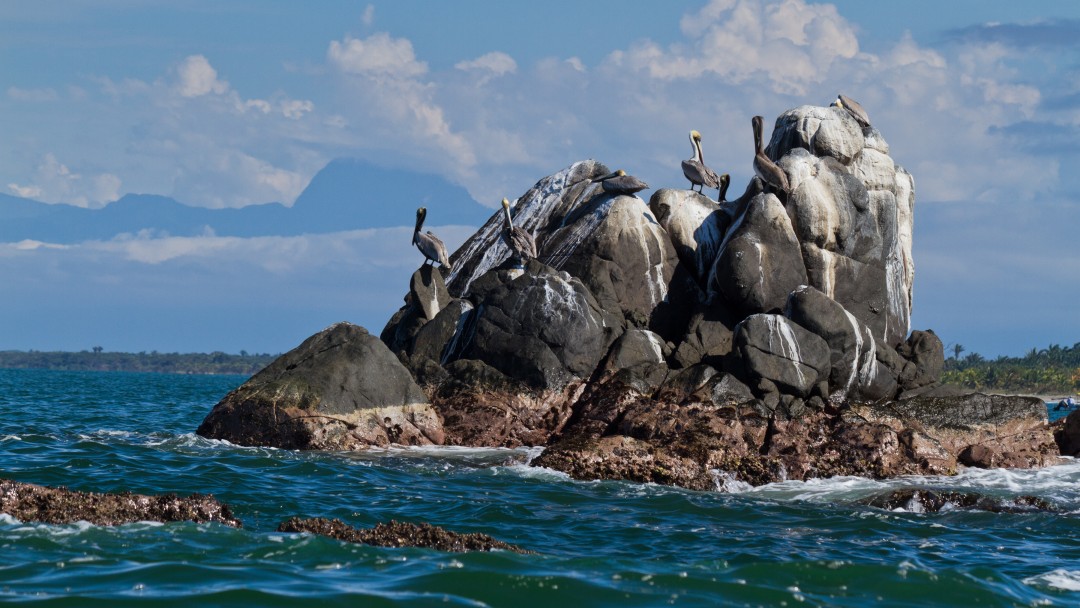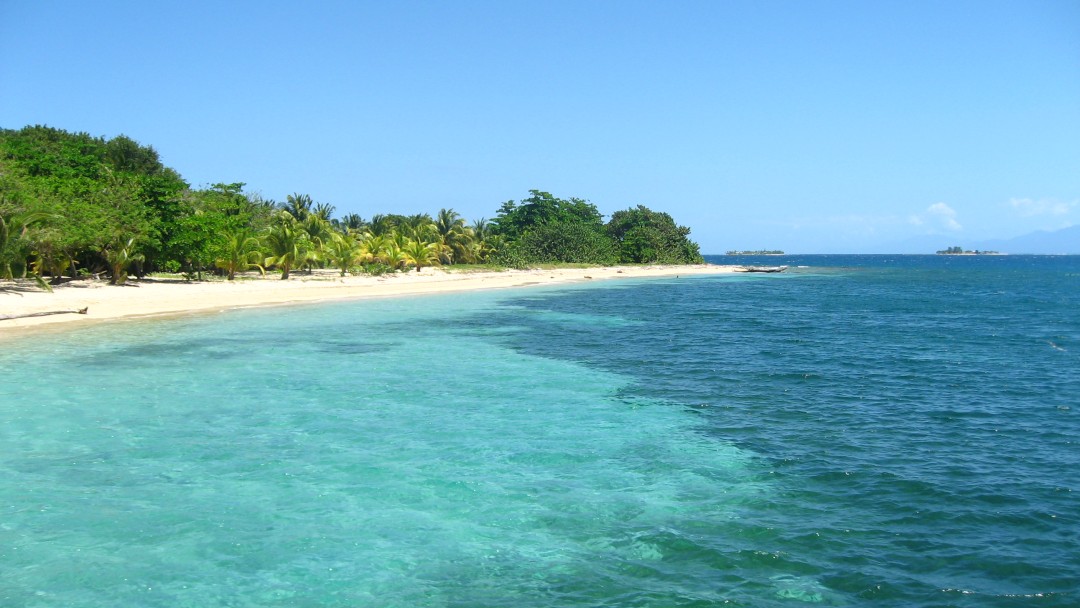News from 2019-09-02 / KfW Development Bank
KfW promotes coastal management in Honduras

In the future, 17 nature conservation areas on the Honduran coast will be protected from overuse. KfW is providing EUR 10 million on behalf of the German Federal Government to support conservation area management. Disbursement of the funds is tied to target achievement. The contract with KfW’s project partner in Honduras was signed in late August.
Coral reefs, seagrass meadows and mangrove forests protect Honduras’ Caribbean coast from the worst effects of hurricanes and tropical storms. The Caribbean ecosystem includes some of the greatest biodiversity in the entire Atlantic Ocean. Yet despite protected status being given to 17 areas, which collectively stretch over a million hectares in the region between the city of Trujillo and the Guatemalan border, the valuable biotopes face the threat of overuse.
Oil palm plantations and sugar cane fields are constantly expanding. Uncontrolled urban development continues apace in the absence of land use plans. Raw sewage is discharged into the ocean. And the fishing and tourism industries are overexploiting the area’s natural resources.
To date, there has been insufficient supervision to ensure compliance with the nature conservation rules in the 17 protected areas. There are funding and staffing shortages at the official bodies responsible, as well as among the local authorities and NGOs tasked with managing the areas.
This is all set to change in the future, with KfW providing EUR 10 million on behalf of the German Federal Ministry for Economic Cooperation and Development (BMZ) to assist Honduras with managing the conservation areas. The partner country will be contributing an additional EUR 1 million.
The special feature of this funding is that disbursement is tied to the achievement of pre-agreed outcomes for the management of the nature conservation areas. Two-year plans will be created to ensure an effective management system and their implementation will be reviewed. Over- or underachievement against the targets will lead to a proportional increase or decrease in the payments, which will be made in tranches after an initial funding investment. This results-based approach is an innovative practice for Financial Cooperation projects aimed at promoting biodiversity.
“This project is highly significant when it comes to protecting endangered species in Honduras, as it will focus on ecosystems that are particularly worthy of protection, and its implementation will promote initiative, transparency and ownership among the parties involved,” says Jan Stilke, who heads up KfW’s Central American office in Tegucigalpa.
The project will help to combat climate change and ensure that resources are sustainably protected, while improving living conditions for the 65,000-plus inhabitants of the coastal region by promoting fishing and tourism.


Share page
To share the content of this page with your network, click on one of the icons below.
Note on data protection: When you share content, your personal data is transferred to the selected network.
Data protection
Alternatively, you can also copy the short link: https://www.kfw-entwicklungsbank.de/s/enzBWrMC.CDwA
Copy link Link copied